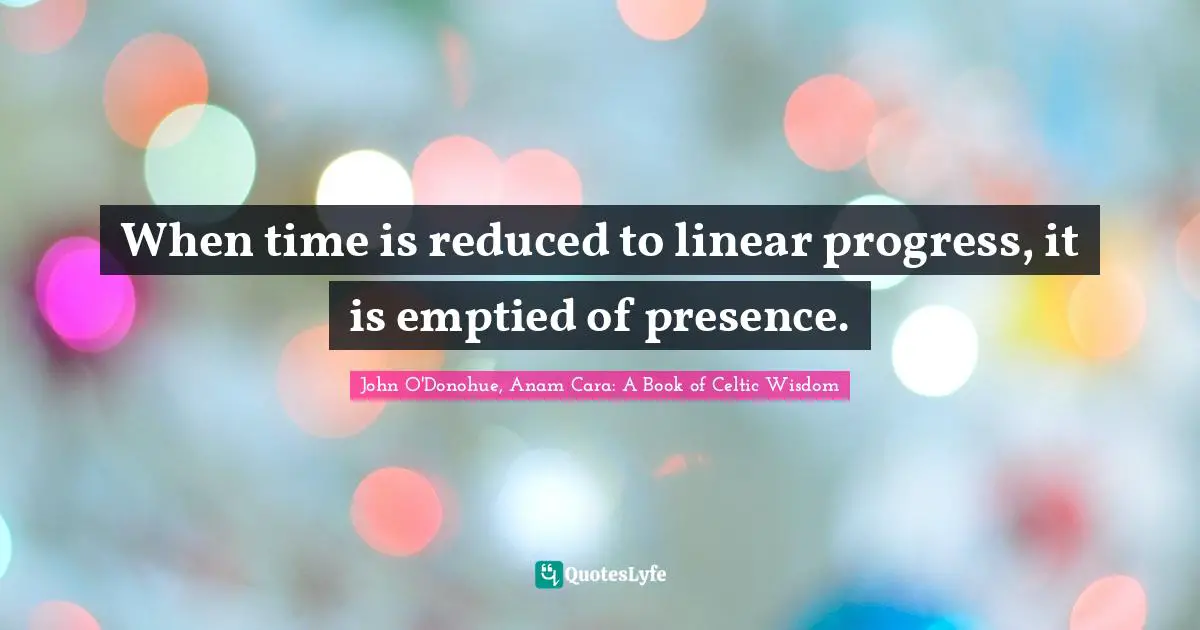
1. An apology is a basic act of remediation when our behaviour has caused harm to someone else. It reflects that we understand how we have hurt the person affected, which is important in not only mending the harm that has been produced by our actions, but also as an acknowledgement that we need to grow beyond that problematic behaviour.
2. An apology should never be scripted becomes it comes across as being insincere and having been curated by someone else. This is especially the case for famous people with a public relations team behind them. In the age of social media and artificial intelligence, the scrutiny for a fabricated apology will be intense, and no doubt more than a few eager internet sleuths will do their own investigations on whether the given apology was put together by ChatGPT (note to self, Ja Morant!). If an unscripted apology involves the display of raw emotion that is focused on the impact suffered by the other person, then it will likely be perceived as genuine. Beware though that apologetic displays of emotion can be histrionic and self-indulgent, and no one really wants to hear how the perpetrator’s bad behaviour towards others has caused them pain, or to feel a certain way about themselves, because they should not be the focus at that moment.
3. In many situations where people/organisations appear reluctant to offer an apology, or are delaying in doing so, chances are that lawyers have become involved and advised these entities not to offer an apology lest it be construed as an admission of guilt for which some form of liability would attach. The laws on this vary from jurisdiction to jurisdiction, but there is a common acceptance that an apology offered shouldn’t be prejudicial to a defendant in a subsequent trial. No doubt, it is a sad reality that an apology can’t just be offered for conduct that has clearly caused another harm, but when potentially large sums of money are at stake in a pending lawsuit, this reluctance to do so is somewhat understandable.
4. In most disputes, it is my experience that each party shares an element of responsibility for what has occurred. It is rarer than we might think for one person to be completely blameless relative to the behaviour that the other person has demonstrated in the situation. When adjudicating on such matters, I would tend, from a credibility standpoint, to look more favourably on the side who can accept their share of responsibility for what has occurred and apologise for their role in that conflict. After all, being willing to see one’s role and apologise for that is not only a marker of maturity, but also integrity and good faith.
5. Don’t apologise or feel guilty for things you haven’t done. None of us are responsible for acts that caused harm to others before we were alive, yet we live in an age of perverse activism where individuals are sought to be persecuted for past wrongs because of the identity markers they share with past offenders. This is clearly absurd. The sins of the father belong to the father, not to their progeny, especially if the work and way of being of that progeny is playing a role in progressing the world forward from the harms that were wrought by those sins. Those often making these claims are also not first-hand victims of the behaviour in question, yet they victimise themselves by trying to make you responsible for their perceived harm/disadvantage. Apologising to these people and pandering to their irrational sensitivities is in reality an affront to their dignity as human beings. By enabling their playing of the victim, you are denying them agency, and the opportunity to grow through the process of having to examine and correct their false beliefs. If you genuinely care about their evolution and flourishing, you will take that stand and remind them of the responsibility they have to heal their own misconceptions.
6. How we say something to someone is distinct from what we say to them, and the manner of this communication may itself justify an apology being offered. This is something to be mindful of if you aren’t afraid of argumentation, and you tend to make your points emotively and with conviction. I have observed about myself that I can be quite uncompromising in countering positions that are rooted in ideology or prejudicial assumptions that are too general to be accurate. Having tact requires a consideration of how your messaging will land to have the desired effect. Remember, when you have the ability to just tell another what you had for lunch, this obviates the need to vomit it all over them in order to get your message across.



/buried-pirates-treasure-chest-157583040-5b5630f7c9e77c005b40d079.jpg)